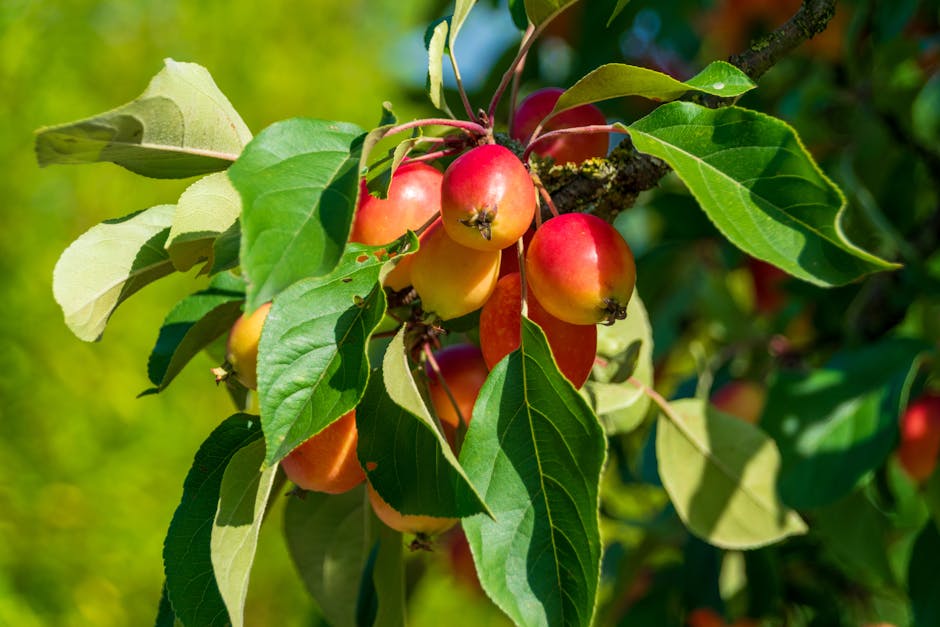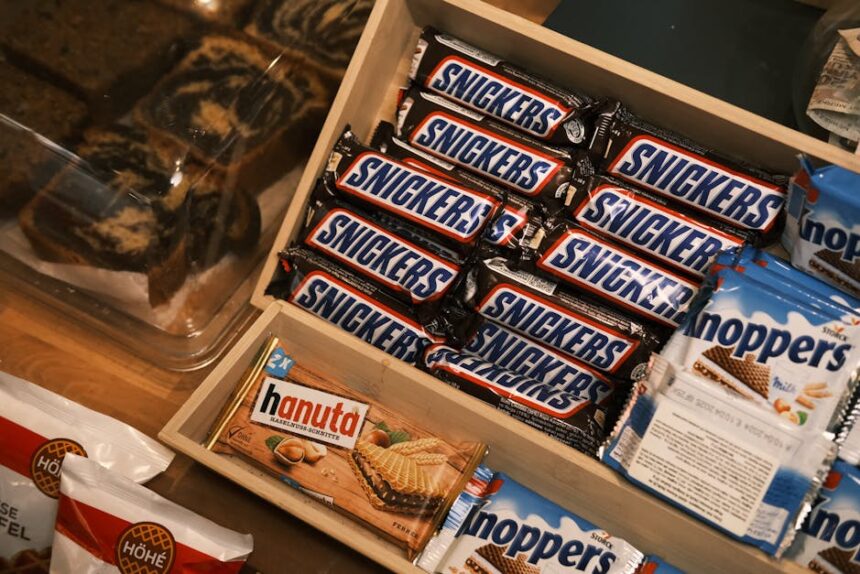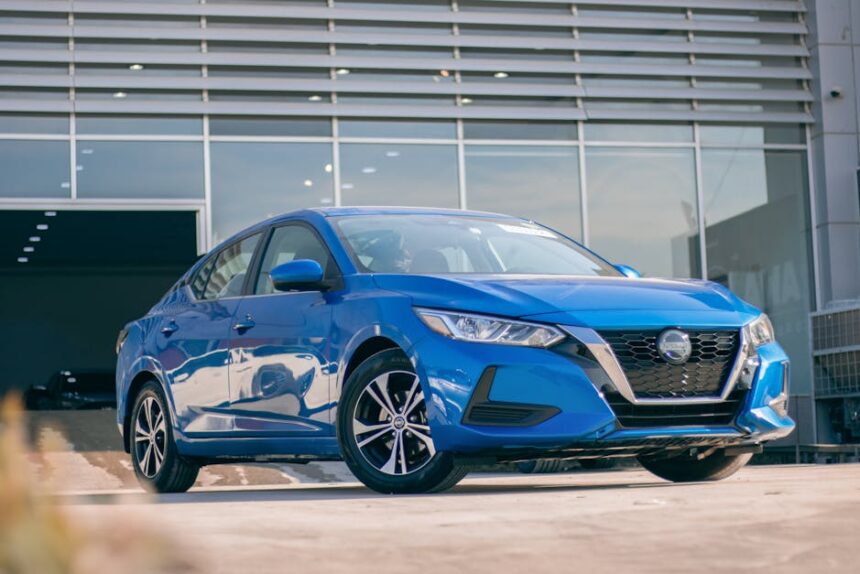Thinking about pivoting your business model or rebranding, but feeling nervous about giving up what makes you “you”? Cascadian Farm offers a real-world lesson in doing both without losing your roots or tripping up your customers. Let’s unpack who owns Cascadian Farm these days, how its name and land are now managed, and what all this means for growing brands like yours.
Introduction to Cascadian Farm
Cascadian Farm is a big name in organic food, but it wasn’t always a household staple. Back in 1972, a young idealist named Gene Kahn started a modest farm in the Skagit Valley of Washington State. He wanted to prove that farming could be done sustainably, with respect for nature and people. His dirt-under-the-nails mission? Grow good food, do right by the land, and bring fresh organic produce to more tables.
With time, Cascadian Farm became one of the pioneers in organic agriculture. The brand’s reputation grew right along with the natural foods movement think old-school farmstands meeting modern grocery aisles. Today, when you spot a Cascadian Farm granola bar or bag of frozen berries in the store, know that it all began as one farmer’s quest to make “organic” more than a buzzword.
Ownership by General Mills
Fast forward several decades from those early days in the field. Cascadian Farm now sits under the wing of General Mills, a global food company that owns some of the most popular brands on supermarket shelves. Yep, the same folks behind Cheerios and Yoplait manage Cascadian Farm’s products, distribution, and marketing.
So, what does this mean in practice? General Mills controls the Cascadian Farm brand name, handles every box of cereal and bag of peas, and oversees the entire supply chain. Their scale and buying power mean more organic products can reach all corners of the country without you hunting down a farmer’s market or paying a fortune for basics.
General Mills acquired Cascadian Farm in 1999, and since then, they’ve stirred their muscle into the brand’s mission. While the parent company is definitely bigger and more corporate than the original roots, the promise of certified organic ingredients has stuck. This combination big company resources and small farm values is what keeps items affordable and accessible and gives Cascadian Farm’s organic goods a place on store shelves coast-to-coast.
The Home Farm in Washington
You might wonder: if General Mills owns Cascadian Farm, what became of that original plot of land in Washington State? That’s Cascadian Farm’s “Home Farm” the 90-acre property where Gene Kahn first got his hands dirty, built a loyal following, and, for decades, gave the brand its credibility.
This patch of earth is more than a piece of real estate. Over time, it became a symbol: proof that organic, sustainable farming wasn’t just hype. The Home Farm hosted visitors, school groups, and agriculture experts. Picture ripe fields, a community ice cream stand, stunning mountain views, and a living laboratory for testing organic crop techniques.
Yet, as Cascadian Farm scaled nationally under General Mills, most food production moved offsite. The Home Farm became more of a touchstone a living showcase, but no longer the brand’s supply engine.
Donation to Rodale Institute
Here’s where things get interesting for entrepreneurs who love a good pivot. In September 2022, General Mills made headlines by donating the Cascadian Farm Home Farm to the Rodale Institute. Now, if you haven’t heard of Rodale, think of them as the original “organic cheerleaders.” For over 70 years, the Rodale Institute has researched and proved organic farming works even when big business wasn’t convinced.
Why donate the farm? Simple General Mills wanted to ensure this historic land kept advancing the cause of organic agriculture. Rodale didn’t just get fields they gained a Pacific Northwest hub for research, demonstration, and education. So the Home Farm, where Cascadian Farm’s story started, now serves as a stage for sharing research-driven, soil-friendly methods with other growers and food brands.
Want to see exactly how regenerative agriculture builds healthy food systems? The Home Farm is now open for experiments, field days, and “bring your notepad” workshops. It’s where you might see future trends tested long before they hit big-box shelves.
Roles and Responsibilities After Transfer
Alright, here’s the bottom-line for anyone tracking brand and asset ownership: General Mills still controls the Cascadian Farm brand, the trademark, and every edible product you buy. When you rip open a snack or pour organic cereal, that’s all General Mills’ supply chain, quality control, and label.
Even after donating the physical farm, General Mills remains the caretaker of all things “Cascadian Farm” in the marketplace. Every new product, marketing push, or ingredient change goes through their systems and budgets.
Rodale Institute, on the other hand, became the legal owner of the Home Farm in 2022. They’re responsible for the soil, buildings, and those lush Washington fields. Their work is focused on agricultural research proving organic methods make sense, improving yields, defending biodiversity, and teaching the next wave of sustainable farmers. They’re less interested in brand-building, more focused on science, technique, and changing agricultural practice.
Think of General Mills and Rodale like two businesses with the same “origin story” but now completely distinct priorities. One manages sales, national marketing, and logistics; the other, boots-on-the-ground farming experiments and sharing results. It’s a model for how legacy assets (like a beloved home farm) can find new life and bigger impact beyond day-to-day business.
Impact on Cascadian Farm Brand
So what actually changed for Cascadian Farm as a brand? If you’re scanning the label in your local grocer, not much at first glance. General Mills still drives product development and maintains strict organic protocols for every item stamped with the Cascadian Farm name. That means you keep getting USDA-certified organic foods, with rigorous quality controls and widespread availability.
But here’s the real kicker: the brand can now point to its historic Home Farm doing more good than ever just under an independent, mission-driven nonprofit. In your own business, this is like giving your original flagship location to an educational partner while you scale up your franchise network. You lose day-to-day oversight of that one space but gain fresh credibility and goodwill with customers who care about your mission.
This move also highlights a broader trend in sustainable business: splitting physical assets (like land or buildings) from commercial brands can amplify your reach and reinforce your purpose. For General Mills, the donation reinforces its public commitment to organics while letting an expert nonprofit take stewardship further. For Rodale, gaining the Home Farm expands research capacity, and could even spark new projects, grants, or collaboration with local growers.
The bottom line? Both sides win. General Mills keeps scaling the brand. Rodale grows the science. And anyone who cares about the future of food whether you’re an entrepreneur rolling up your sleeves or just hunting for better snacks wins too.
What Small Business Owners Can Learn
Feeling boxed in by your company’s history or assets? Cascadian Farm’s journey offers serious inspiration. Maybe you have a beloved first storefront or a legacy feature that means a lot, but it’s not efficient or scalable. Why not partner up? Donating your old location, joint-venturing with a nonprofit, or gifting a legacy asset can multiply your impact without dragging down your current business.
Do what General Mills and Cascadian did: separate mission from mechanics. Keep the brand focus sharp, while letting physical assets create new value for your community, the industry, or tomorrow’s entrepreneurs. This is customer-first thinking in action, and it proves you can honor your roots while trimming your operation for healthy, budget-friendly growth.
Start with a simple audit: which parts of your business need you front-and-center, and which are better steered by an expert partner? Don’t be afraid to get creative or even generous sometimes letting go can spark more loyalty, not less.
Summary Table: Cascadian Farm Ownership, Made Simple
Quick-reference for your next presentation or team meeting:
| Entity | Role |
|——————-|———————————————————————|
| General Mills | Owns Cascadian Farm brand/products; manages operations, sales, distribution |
| Rodale Institute | Owns original Home Farm property (as of 2022); runs organic research |
Don’t have a farm to donate? No sweat. The lesson applies: keep your brand’s heart clear, and don’t be afraid to let others shine as caretakers of your legacy assets once you’ve outgrown them.
Final Thoughts: Brand, Mission, and Opportunity
Cascadian Farm’s story is proof you don’t have to choose between scaling up and staying true to your brand’s original mission. By splitting assets and brand, and making peace with change, you can keep growing while still supporting the values your customers love.
Whether you run a bakery, a technology startup, or a manufacturing plant, apply this principle focus your energy where it counts most. Automate what you can, hand off assets that deserve more attention, and never stop educating your customers about your why. The path to sustainable growth might mean saying yes to new partners and yes to the next chapter of your own brand’s story.
Craving more advice on how to tweak your operations or set your brand up for a legacy pivot (without breaking the bank)? Hop over to Small Business House for practical tips, playbooks, and case studies. Remember: steady wins and real relationships beat short-lived hype every time.
Alright you’re ready to grow. Start with one change, track the results, and tell your customers why you did it. That’s how Cascadian Farm keeps evolving one bold decision at a time. Why shouldn’t you?







